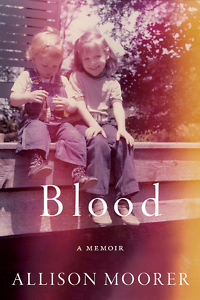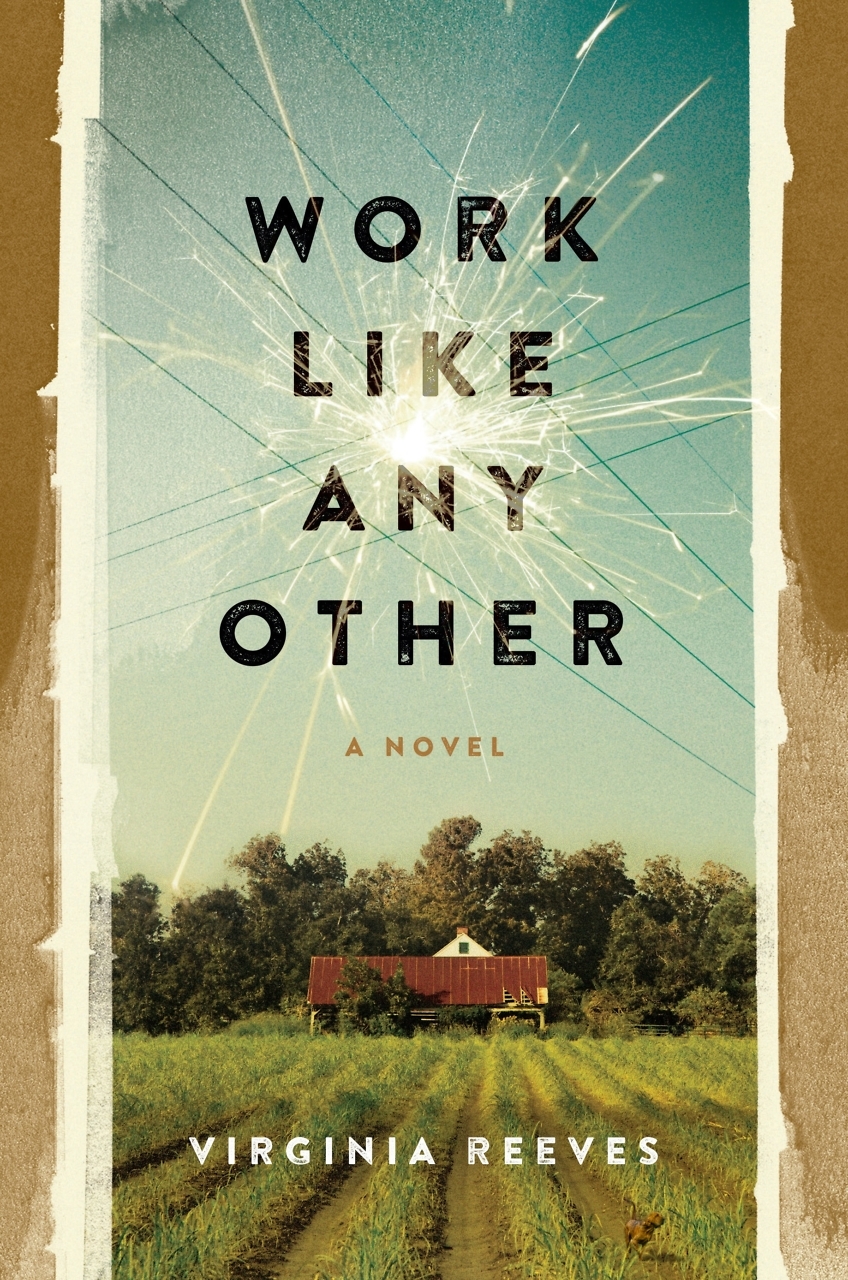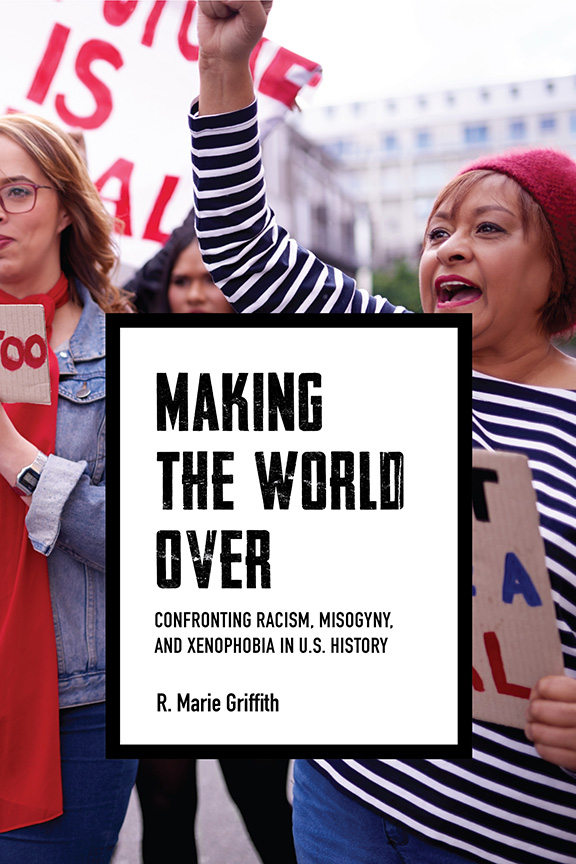More to Them Than How They Died
Allison Moorer turns family tragedy into bittersweet art
“I think it was around 5 a.m. when the gunshots woke me,” recalls Allison Moorer in her memoir, Blood. “I told myself no, it couldn’t be what I knew it was, even as I simultaneously started rearranging every cell in my body to start accepting that, yes, it was.” That moment in 1986, when Moorer’s father killed her mother and then himself, is the central event in Blood, which explores the effect of the tragedy on Moorer — who was just 14 at the time — and her sister, Shelby Lynne. Both women are now highly successful country music artists, yet Moorer writes, “We are okay, but we are not unbroken.”

The two sisters grew up in south Alabama. Their father was an unpredictable, violent man with “a drinking problem, a mean streak, and a death wish.” He loved to play the guitar and write his own songs but lacked the talent to pursue a career in the music industry, which left him depressed and embittered. In contrast, Moorer describes her mother as having the natural musical talent that her father lacked, as well as the kind of charisma that others are drawn to: “She was like sunshine that God sprinkled a little bit of salt on.”
Moorer’s narrative shifts from the present to the past and back again, interrupting the flow of her story with off-topic vignettes that add detail and color. Not surprisingly, her underlying theme is the meaning of family and making sense of the events of childhood. She longs to understand her father’s diseased state of mind, his intentions that morning, and his pain. Because there were no witnesses, she is meticulous and unflinching in her search for the truth, even going so far as to read her parents’ autopsy reports. “Closure isn’t anything I ever expect to get,” she finally admits. “You can’t really close a thing like your mama being shot to death in your front yard.”
 The second part of the book is dedicated to Shelby Lynne, whose affection for her sister is evident in the foreword she contributes to Blood. As the older sibling with the more dominant personality, it was Lynne who charged into the middle of their parents’ fights, often taking physical blows herself in the fray. Moorer’s instinct was to stay out of the way and observe. Her ability to watch and absorb every heartbreaking detail serves her well as a writer. Of their sisterly bond and the tight harmonies their parents taught them, Moorer writes, “The songs and the singing get us through. I dip when she dives, I go under to catch her, she hovers above to lift me. We are the other’s haphazardly knit safety net.”
The second part of the book is dedicated to Shelby Lynne, whose affection for her sister is evident in the foreword she contributes to Blood. As the older sibling with the more dominant personality, it was Lynne who charged into the middle of their parents’ fights, often taking physical blows herself in the fray. Moorer’s instinct was to stay out of the way and observe. Her ability to watch and absorb every heartbreaking detail serves her well as a writer. Of their sisterly bond and the tight harmonies their parents taught them, Moorer writes, “The songs and the singing get us through. I dip when she dives, I go under to catch her, she hovers above to lift me. We are the other’s haphazardly knit safety net.”
In what sounds like a pretty good start to a country song, Moorer writes, “There are parts of a heart that never heal once they’re broken. There is no glue that will hold.” It is fitting, then, that she has scheduled the release of her first solo album in four years, also called Blood, to coincide with the publication of her memoir. Ultimately, Moorer wants her readers (and listeners) to know that her parents’ tragic ending is not the whole story. She writes, “I’m still trying to redeem them. I dream their dreams, I speak their thoughts, and I sing their songs. I carry the structure of their bones around my insides and try to tell the world, ‘This is what they looked like. They looked like me. … Can’t you see there was more to them than how they died?’”
[This article originally appeared on October 28, 2019]

Tina Chambers has worked as a technical editor at an engineering firm and as an editorial assistant at Peachtree Publishers, where she worked on books by Erskine Caldwell, Will Campbell, and Ferrol Sams, to name a few. She lives in Chattanooga.


